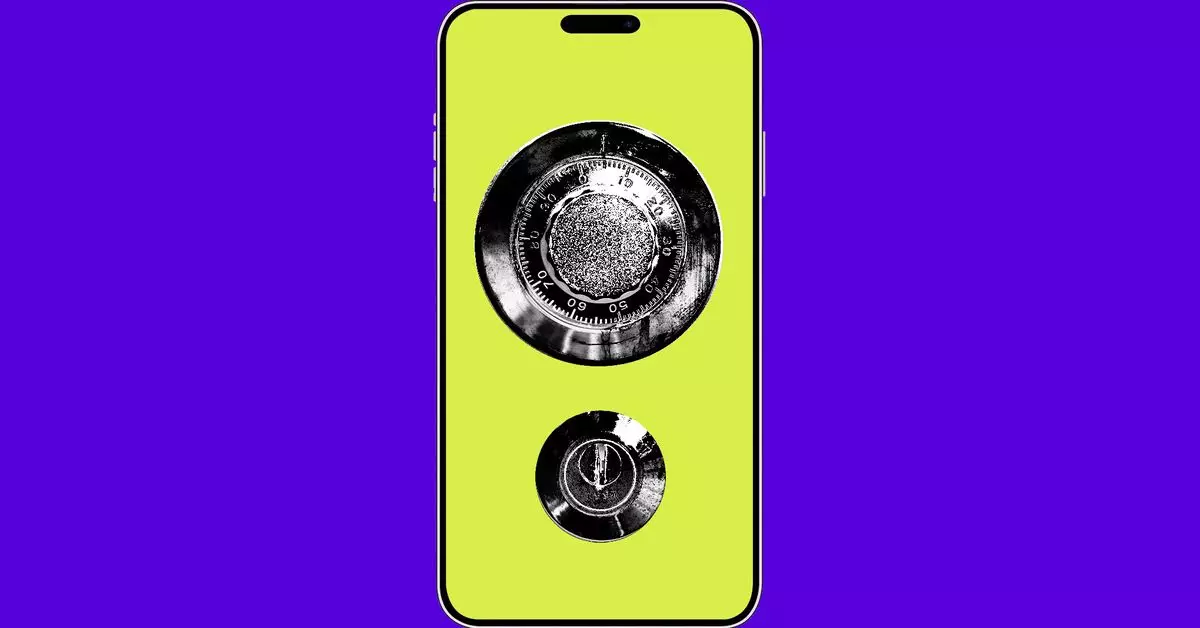Apple’s ongoing commitment to user privacy reaches a new height with the introduction of an “inactivity reboot” feature in iOS 18.1. This innovation raises the stakes for not only everyday users concerned about data security but also for law enforcement agencies that rely on accessing personal devices for investigations. By implementing mechanisms that make it more challenging to access information from locked iPhones, Apple is undeniably positioning itself at the forefront of the tech privacy debate.
The Implications of the Inactivity Reboot Feature
The recent discovery reported by 404 Media sheds light on how this new feature operates. When an iPhone remains locked for four consecutive days without being accessed, it automatically reboots, entering what is termed a “Before First Unlock” (BFU) state. This mode adds another layer of security by requiring the user to input their passcode before any actions can be taken. This reboot effectively hinders forensic attempts to retrieve data from devices, frustrating law enforcement officials who have relied on accessing locked phones during investigations.
The design of this feature is a clear indication of Apple’s philosophy towards user privacy. With this shift, the tech giant further separates itself from law enforcement demands. While police often seek straightforward access to smartphones for evidence retrieval, Apple’s robust security protocols create friction in these processes, potentially inhibiting criminal investigations.
The implications of this development have not gone unnoticed by law enforcement. Reports indicate that police departments are voicing concerns regarding their inability to easily access locked devices. The concerns emphasize a fundamental clash between safety and privacy; authorities argue that they need access to locked phones to prevent crime, while advocates for digital privacy argue that such access infringes upon individual rights. The discussions surrounding these contrasting perspectives highlight a growing tension as technology evolves and privacy issues increasingly come to the forefront.
Apple’s steadfast resistance to requests for creating backdoors—intentional flaws that allow access to a device’s data—demonstrates its commitment to privacy, which sets a precedent within the tech industry. By reinforcing its encryption methods, Apple showcases its role as a leader in protecting consumer information against unauthorized access. However, this love for user privacy has led to recurring calls for government regulations and potential compromises. The ideology clashes between tech companies and law enforcement illustrate the challenges that lie ahead as privacy concerns grow.
As technological advancements continue to revolutionize the way we interact with our devices, Apple’s iOS 18.1 features signal a defining moment in the ongoing dialogue surrounding data security. The new inactivity reboot feature not only frustrates law enforcement but also reinforces a cultural shift towards prioritizing individual privacy over unfettered access for external authorities. The actions taken by tech companies like Apple indicate a future where user empowerment, data protection, and privacy rights remain central to the innovation narrative, even at the potential expense of collaboration with law enforcement.

